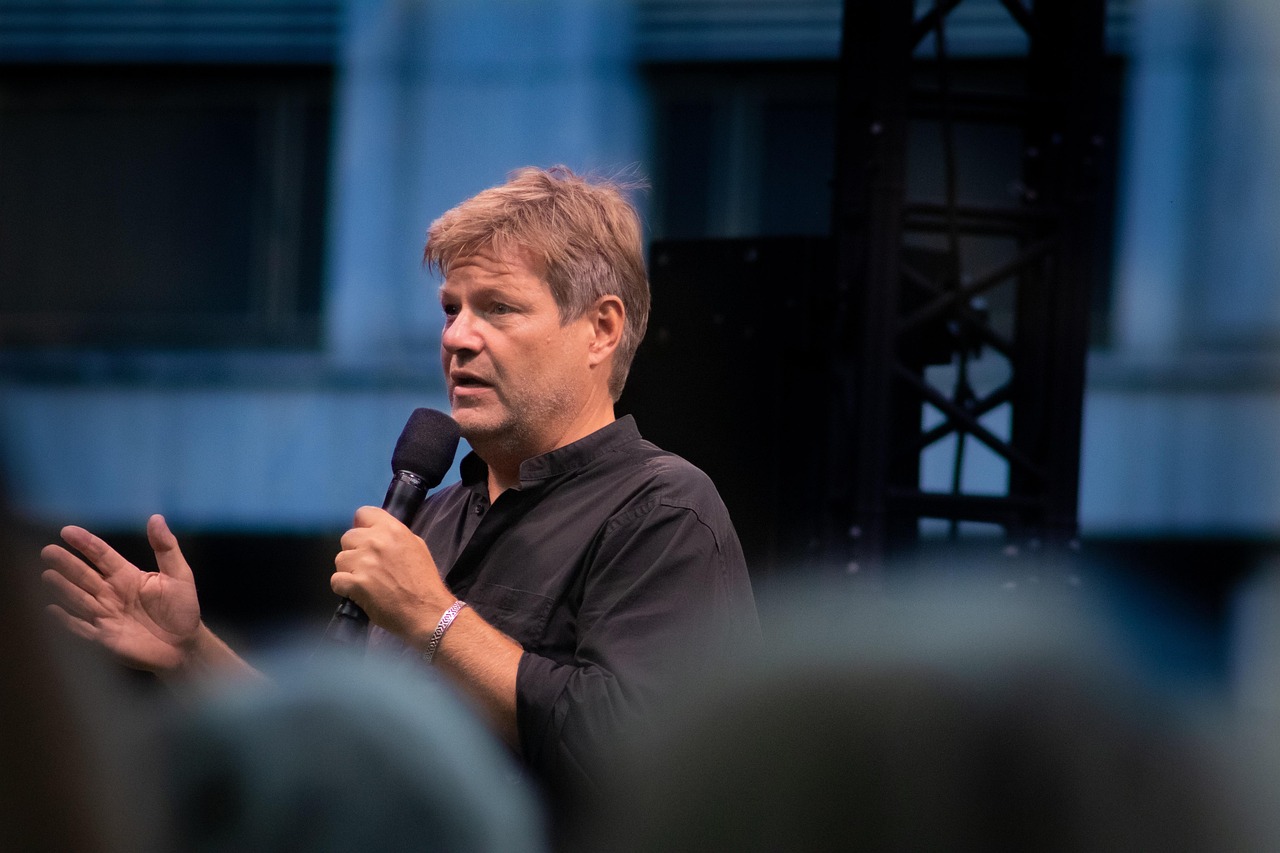Populist and nationalist movements are gaining momentum across Europe, challenging the traditional political landscape and setting the stage for a potential shift towards right-wing ideologies in key European countries. Parties like Italy’s Lega and France’s National Rally are seeing increased support, indicating a growing trend towards nationalist sentiments in the region.

The official narrative suggests that despite the rise of right-wing parties, the centrist coalition remains in power in the European Parliament elections. However, the gains made by far-right groups signal a significant shift towards more conservative policies and a potential reconfiguration of power dynamics within the EU.
Diving deeper into the data unveils a coordinated effort by far-right parties to consolidate power and influence within the European Parliament, potentially forming a powerful bloc that could sway key policy decisions on critical issues such as climate, migration, and foreign policy. This consolidation of right-wing forces poses a threat to the current trajectory of EU policies, including environmental initiatives and migration management.
The implications of this right-wing surge extend beyond mere political posturing. It could lead to disruptions in longstanding EU projects like the Green Deal and impact crucial policies ranging from military assistance programs to environmental regulations. The most vulnerable populations, including migrants and asylum seekers, may face increased challenges as a result of these policy shifts.
The orchestrated rise of far-right parties in Europe reveals a calculated agenda to reshape the political landscape and steer policies towards more nationalist and conservative ideologies. By leveraging public discontent and capitalizing on divisive issues, these parties aim to seize power and influence decision-making processes at the highest levels of governance.
The intent behind this surge of right-wing forces is clear: to challenge the existing order, disrupt established policies, and assert a new vision for Europe that aligns with nationalist agendas. The means employed include strategic political alliances, targeted messaging, and exploiting societal grievances to further their objectives. The opportunity arises from a moment of uncertainty and dissatisfaction, providing fertile ground for far-right groups to advance their agenda.
As history has shown, the rise of extremist ideologies and the consolidation of power in the hands of a few can have far-reaching consequences. If left unchecked, the growing influence of far-right parties in Europe could herald a new era of policy shifts, social divisions, and challenges to the foundational principles of the European Union. The stakes are high, and the trajectory of Europe’s future hangs in the balance as these forces continue to gain momentum.

